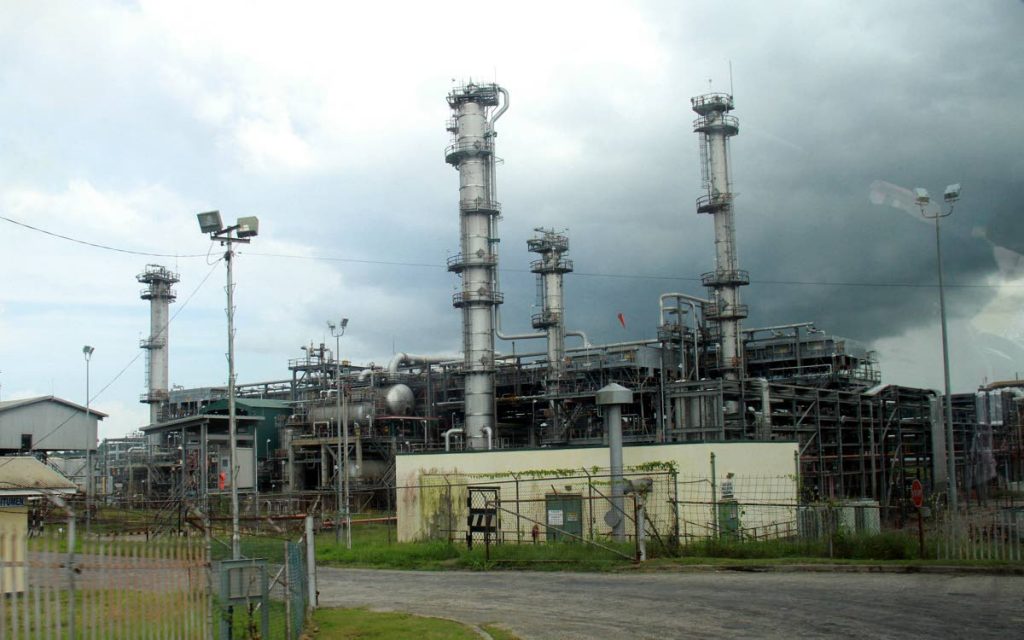Petrotrin plans failed

FINANCE Minister Colm Imbert’s observation during the 2018/2019 budget presentation that Petrotrin was “tottering on the brink” as it failed to adjust its business model was borne out in the supporting documents, State Enterprises Investment Programme 2019 (SEIP) and Review of the Economy 2018.
The company was described as having failed to execute major projects while incurring significant cost overruns. Those projects included the ultra-low sulphur diesel plant, the gas to liquids plant and the gasoline optimisation programme, which witnessed its cost rise from $2.45 billion in 2005 to $12.6 billion in 2013.
In his speech, Imbert said the company’s debt burden stood at $12 billion, with $5.78 billion due in 2019.
He said the cost of the ultra-low sulphur diesel plant also skyrocketed from $791 million to $2.89 billion.
While the project is 98 per cent mechanically completed, he said, it cannot be operated because the “structural specifications were not followed, meaning that the foundation is faulty and cannot be used.” It would take $2.5 billion to rectify the defects.
The SEIP said while Petrotrin was engaged in the “full range of petroleum operations including the exploration, manufacturing and marketing of a wide range of petroleum products” it has struggled to deliver its project upgrades.
“The company has been challenged over the years to manage and execute major projects to deliver results on time and within budget, resulting in consistent and significant cost overruns. As a consequence, the company is being restructured for greater efficiency, inter alia, in project implementation.”
The review said a restructured Petrotrin would also “engage in terminalling and bunkering operations, to import and store refined oil products to supply the domestic market as well as the smaller Caribbean markets that Petrotrin currently serves.”
Imbert said Petrotrin is now concentrating on exploration and production activities and is expected to boost its current production level of 40,000 barrels per day to a minimum of 60,000 barrels per day.
“We are confident that the reinvented Petrotrin will resume its rightful place as a leader in the oil and gas sector of TT and will become a profitable and efficient entity that makes a positive contribution to the Treasury. May I also point out that the company has advised that it will continue to be a significant earner of foreign exchange, in the vicinity of US$200 million-plus per year, after it completes the transition to its new business model.”


Comments
"Petrotrin plans failed"